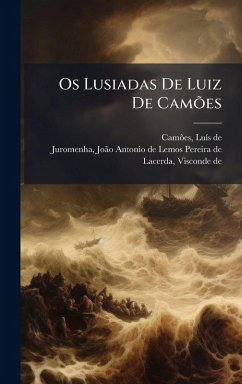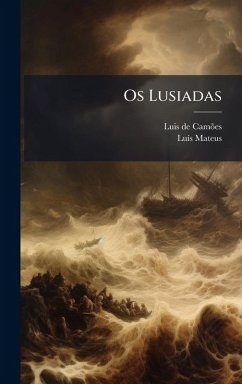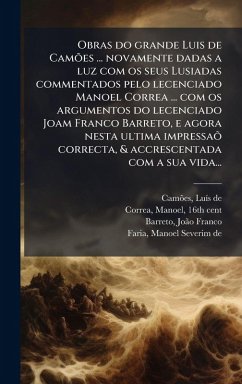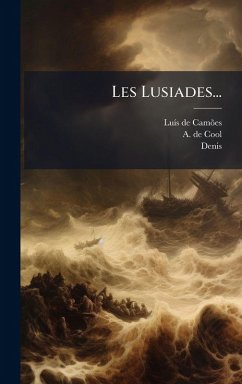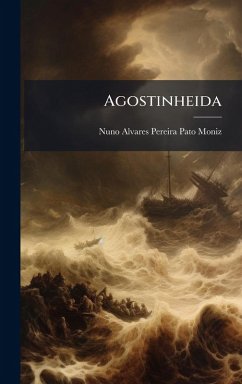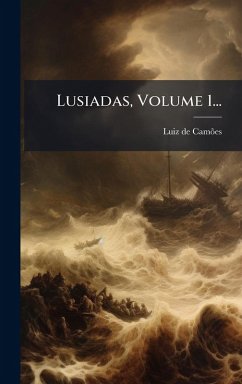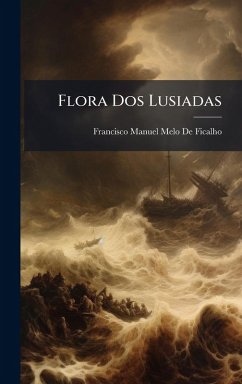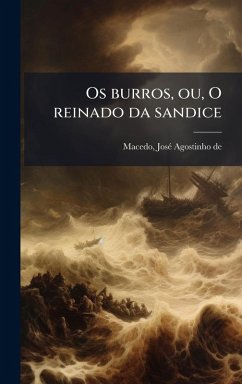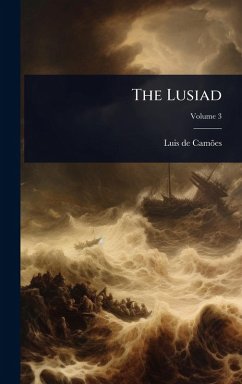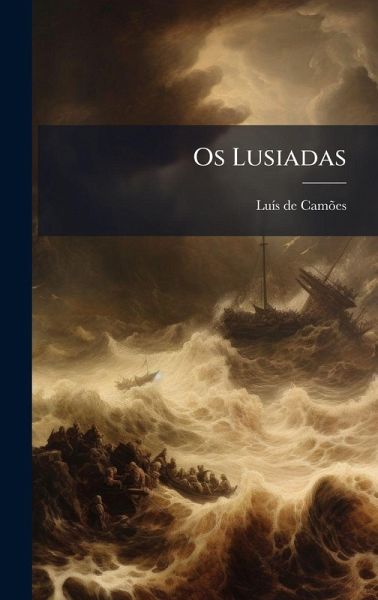
Os Lusiadas
Versandkostenfrei!
Versandfertig in über 4 Wochen
37,99 €
inkl. MwSt.
Weitere Ausgaben:

PAYBACK Punkte
19 °P sammeln!
Os LusÃ-adas (usually translated as 'The Lusiads') is a Portuguese epic poem by LuÃ-s Vaz de Camões. Written in the 16th century, it celebrates the history of Portugal and the voyages of discovery during the Age of Exploration. The poem focuses particularly on Vasco da Gama's voyage to India. Considered Portugal's national epic, Os LusÃ-adas is written in a classical style, blending Renaissance literary influences with Portuguese history and mythology. This edition presents the 'Segundo E Legitimo Texto, ' offering readers an authentic experience of Camões's masterpiece. The poem's en...
Os LusÃ-adas (usually translated as 'The Lusiads') is a Portuguese epic poem by LuÃ-s Vaz de Camões. Written in the 16th century, it celebrates the history of Portugal and the voyages of discovery during the Age of Exploration. The poem focuses particularly on Vasco da Gama's voyage to India. Considered Portugal's national epic, Os LusÃ-adas is written in a classical style, blending Renaissance literary influences with Portuguese history and mythology. This edition presents the 'Segundo E Legitimo Texto, ' offering readers an authentic experience of Camões's masterpiece. The poem's enduring themes of heroism, exploration, and national identity continue to resonate with readers today, solidifying its place as a cornerstone of Portuguese literature. This work has been selected by scholars as being culturally important, and is part of the knowledge base of civilization as we know it. This work was reproduced from the original artifact, and remains as true to the original work as possible. Therefore, you will see the original copyright references, library stamps (as most of these works have been housed in our most important libraries around the world), and other notations in the work. This work is in the public domain in the United States of America, and possibly other nations. Within the United States, you may freely copy and distribute this work, as no entity (individual or corporate) has a copyright on the body of the work. As a reproduction of a historical artifact, this work may contain missing or blurred pages, poor pictures, errant marks, etc. Scholars believe, and we concur, that this work is important enough to be preserved, reproduced, and made generally available to the public. We appreciate your support of the preservation process, and thank you for being an important part of keeping this knowledge alive and relevant.



